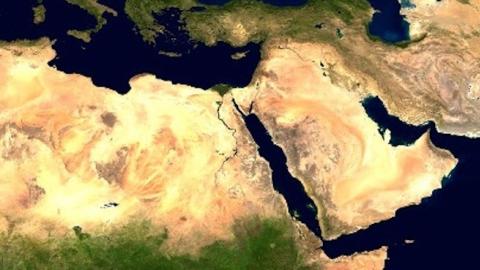


Please join Ambassador Greer for a fireside chat with Senior Fellow Peter Rough on the Trump administration’s first year back in office and what’s next for US trade policy.


The Center for Peace and Security in the Middle East will host a conversation with Ambassador Rabbi Yehuda Kaploun, the United States special envoy to monitor and combat antisemitism.


Please join Romanian Foreign Minister Oana Țoiu as she returns to Hudson for a fireside chat with Center on Europe and Eurasia Director Peter Rough to take stock of the past year and anticipate what might lie ahead.


Join Senior Fellow Rebeccah Heinrichs and Congressman Pat Fallon (R-TX) for a discussion on the Trump administration’s first year of foreign policy and the risks and opportunities ahead.



















